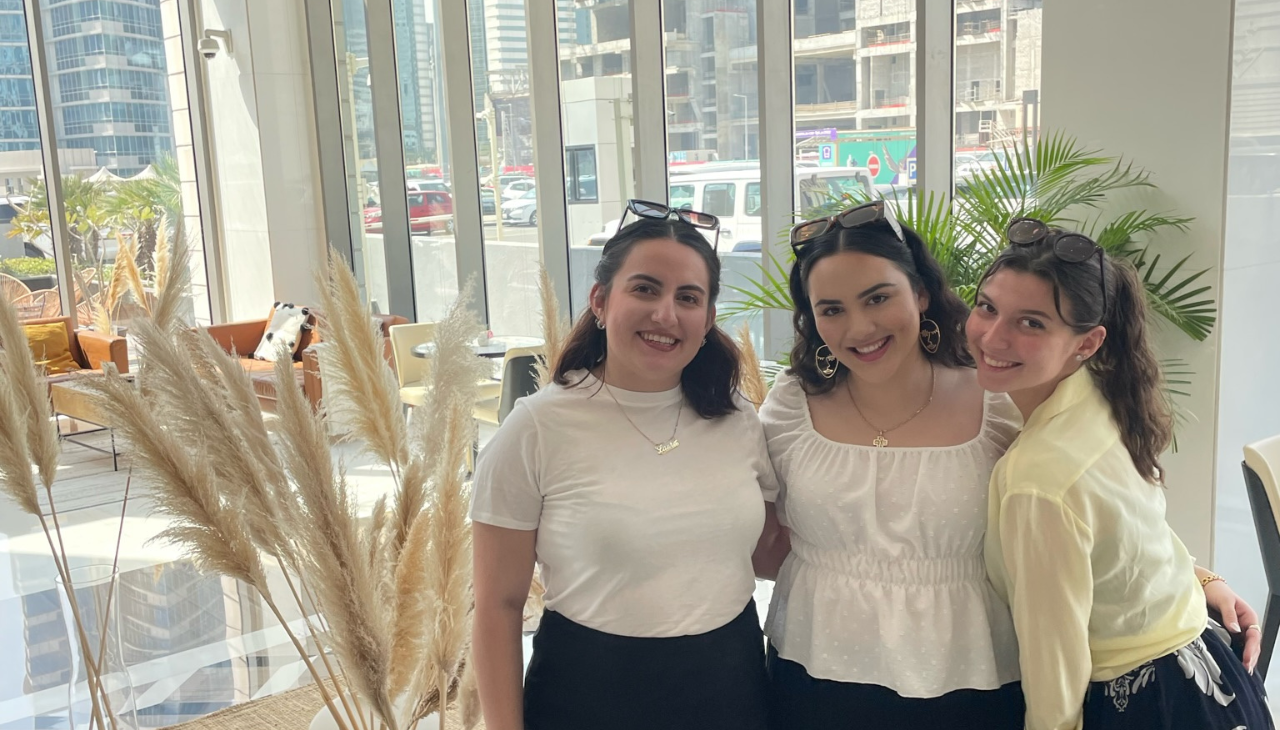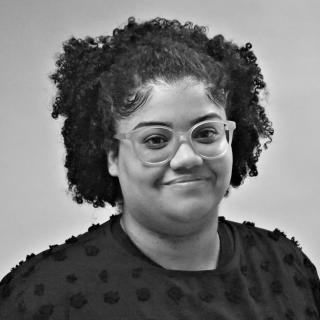
Choosing the road less traveled by Latinas
Carnegie Mellon University student is pursuing a career in Decision Science, an “anomaly” among Latinx students.
Born in Georgia and raised in Queens, New York, Laura Gallegos, a first-generation student at Carnegie Mellon University (CMU) studying Decision Science, is an “anomaly” as she likes to reference herself within the Latinx community for not choosing the traditional path of medicine.
Daughter to a Mexican father and a Colombian mother, Gallegos grew up participating in the arts: dancing and acting—attending Frank Sinatra School of the Arts, a specialized high school in New York City.
She was raised by her mother once her parents got divorced, explaining that her humanities background led her to apply to CMU undecided for the Dietrich College of Humanities and Social Decision Social Sciences, an opportunity that allowed her to explore different passions and now, as a third-year student, she is pursuing Decision Science and a minor in Hispanic Studies.
The roadblocks of first-gens
First-generation students navigate academia differently from other students. The lack of parental guidance and understanding of higher education presents serious challenges, with many students unaware of what questions to ask. Gallegos is no different, stressing that “it was incredibly tough to the point where it is frustrating” to navigate academia.
However, she explains the challenges are not only present in higher education but K-12 “because I’m coming from a background where my mother did not speak English [and] she could not help me with my homework.” Her mother only went to middle school, and Gallegos had to figure out everything herself, noting that it is “a lot to put on the shoulders of someone who is still figuring out how to make friends and figuring out who they are.”
But once she was in college, “I did not have support from my parents” because they could not assist in helping her transition to college or with the application process.
“They did not know how it worked," she explained. “My mother still honestly does not know what I study,” since many people do not understand what this career entails.
But the Latina feels firsthand the disparities among students of different backgrounds because “it’s so difficult to navigate these resources and even have access to it when you look at our peers from different backgrounds economically, racially, ethnically and then have it in the bag.”
“In essence, they have it locked down, and they know what to do to get to the next step,” admits Gallegos, who shares the importance of decision science for her life.
RELATED CONTENT
Exploring her passion at CMU
Gallegos was accepted to CMU when COVID hit—causing her mother to be unemployed and her father, a truck driver— barely staying afloat.
Unable to burden her parents to pay for college, Gallegos started to inquire about student loans.
She decided to attend CMU because of the financial support the institution offered— with a clear mind to pursue political science due to the civil unrest and protests in New York (during the pandemic), she soon realized her path lay elsewhere—decision making with the prospect of working in the music industry.
“I do always find myself back to my Latin American community because it is unfair how we are ignored and underrepresented,” she explained. “I do want to go into the music business, whether it’s artists touring or management.”
She wants to elevate the work of Latina artists that do not often get the recognition they deserve while being open to international Latina artists that want to bring their music to the U.S. marketplace because “we have financial power.”
However, she explains that as a first-generation student, money plays a role because it's more about “what can get the bills paid and what supports my parents,” Gallegos said, who is aware she is her parents' retirement.
Although her desire is for her mother to retire, she is focused on wanting to work with Latinx artists and with the Latina population because “I feel there is a taboo where the arts are an afterthought [and] we do not have time to do the arts.”
Find your passions and find what you are good at.
She does not want Latinas to conform to fit a narrative or a stereotype or ideal because “I knew at the end of the day, they were not going to make me happy.”











LEAVE A COMMENT:
Join the discussion! Leave a comment.